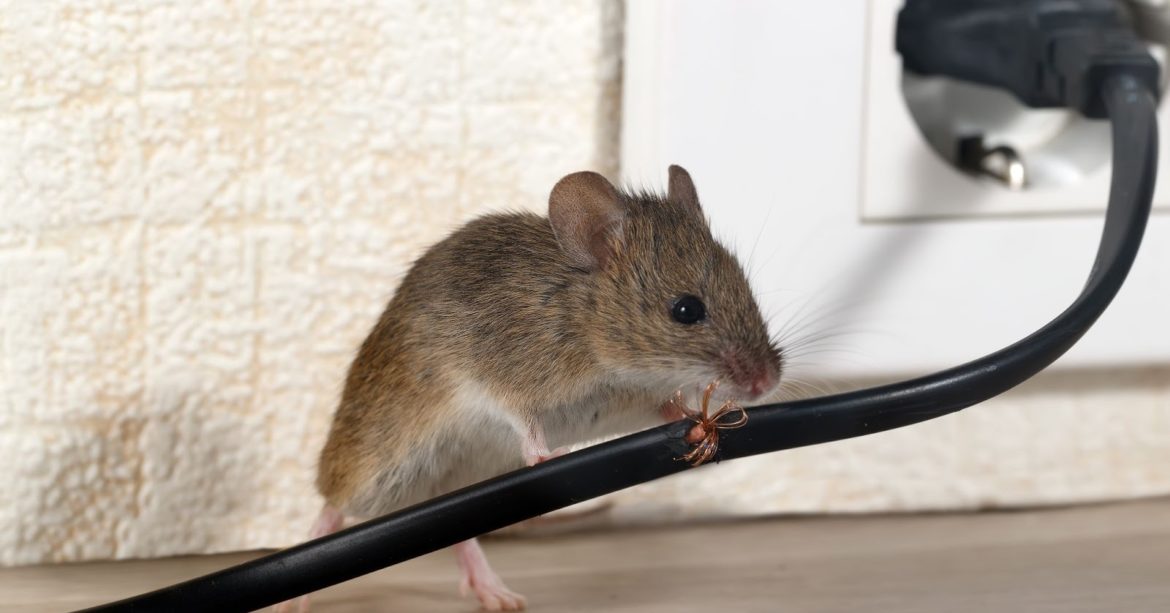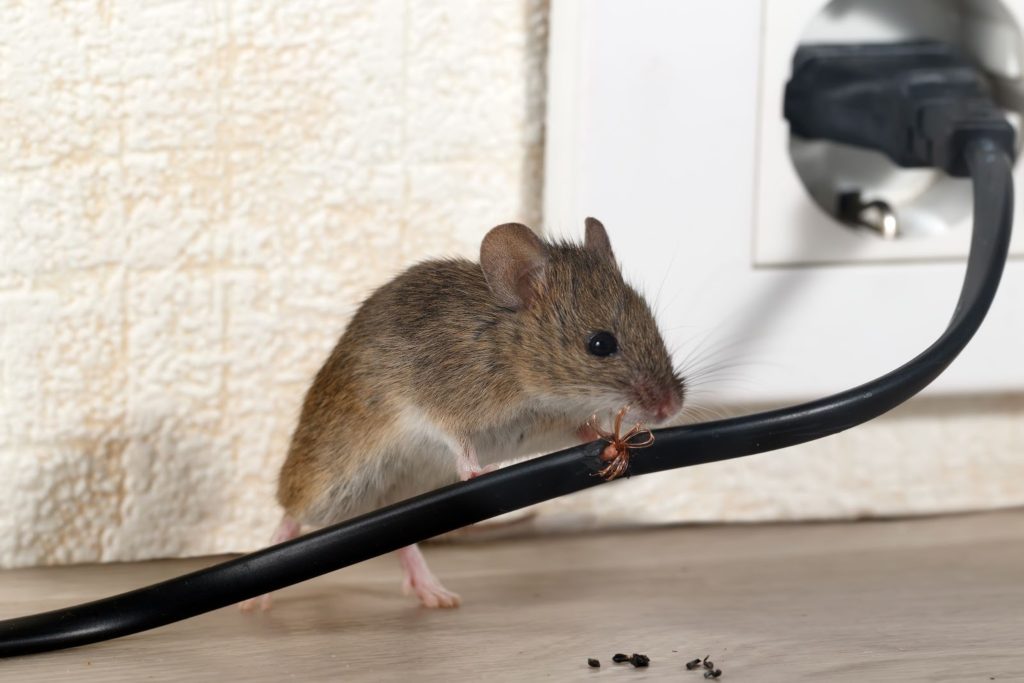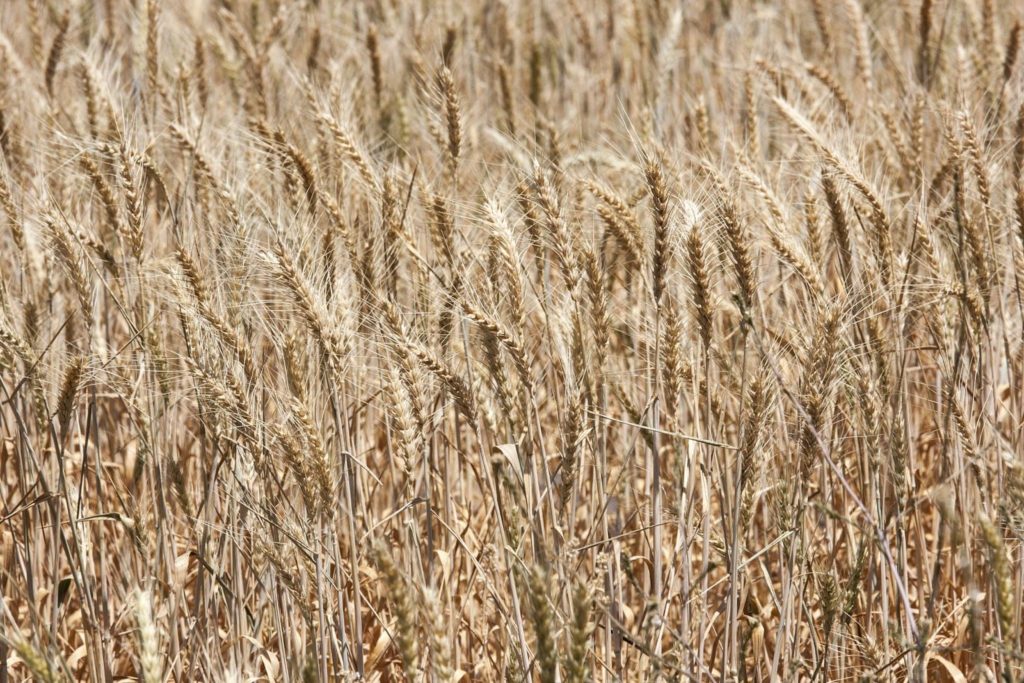Mouse Plague Progresses to Health Crisis in Some Areas
The mouse plague in Australia is causing huge problems for farmers who are at risk of losing most of the bumper crops they harvested. It’s also progressing into a significant health crisis as the contamination of water supplies becomes a major issue.
Not since the mouse problems of 2011 have these creatures caused such uproar in the country. Back then numbers of mice were estimated at 8000 per hectare and cases of leptospirosis rose. Now, the distressing scenes of a decade ago are back and they seem to be escalating beyond the control of many farmers. The accompanying economic crisis is bad enough but the threat to health is just as concerning, if not more.
Key points
- The mouse plague in Australia has caused destruction across NSW.
- The plague has now progressed to a health crisis.
- The incidence of leptospirosis is predicted to increase and the plague is also causing mental health problems.
- Farmers are calling for a $25,000 rebate from the NSW government to offset the cost of baiting.
How to Build a Shed
Decimation of crops by mouse plague
The good news of bumper crops for farmers after the issues caused by drought have been dramatically overtaken by the mouse plague crisis. Some farmers have reported 100% loss of summer crops. Mice are also destroying farm machinery by eating through wiring.
Even worse news is that winter crops are also in doubt. While the conditions have been ideal for winter sowing it remains to be seen whether the newly planted crops will survive the mouse plague.
The progression to health crisis
As dead mice have begun to clog up drains, water storage for domestic use has been contaminated. This has led to an increased risk of leptospirosis, a disease which is spread from the urine of rodents and affects humans and other animals.
The disease is normally relatively rare in Australia. But, the mouse plague combined with flooding means there is an increased risk of exposure.
People have also been bitten by the rodents, at home and while in hospital. On top of all this, residents and business owners are faced with the almost impossible task of cleaning up after the constant destruction. This has had a massive impact on the overall mental health of communities.
Help required to assist with eradication costs
Farmers, and the wider agriculture industry, have stated that it’s time for more structured help from the NSW government. They believe that coordinated efforts are the best way of overcoming the plague.
One of the requests on the table is to provide help to enable farmers to deal with the cost of aerial and ground baiting. It’s estimated that farmers have spent as much as $150,000 on this work with most farmers having a financial outlay of at least $20,000.
As a result, the farmers of NSW have asked for a $25,000 rebate from the State Government. For many of them this represents a small portion of extra expenditure caused by the mouse plague.
Adam Marshall, Minister for Agriculture and Western New South Wales, has been at the centre of many of these appeals by farmers. They have spoken about the risk of the plague worsening further as a mild and wet winter is expected.
The Country Women’s Association has also become part of the lobby group thanks to concern about mental health amongst farmers and farming communities. Mental health issues have been brought on by the continuous rodent rampage.
Mr Marshall has suggested that his government has requested permission for the use of double-strength mouse bait that has recently been approved in the country. He has also said that he has not personally received any requests for a $25,000 rebate but that he would be happy to consider such suggestions.
Despite Mr Marshall’s assertions, it seems that farmers having to deal with the plague of mice in Australia are less than impressed. It remains to be seen whether the state government provides further support and how the mouse plague progresses as winter approaches.



